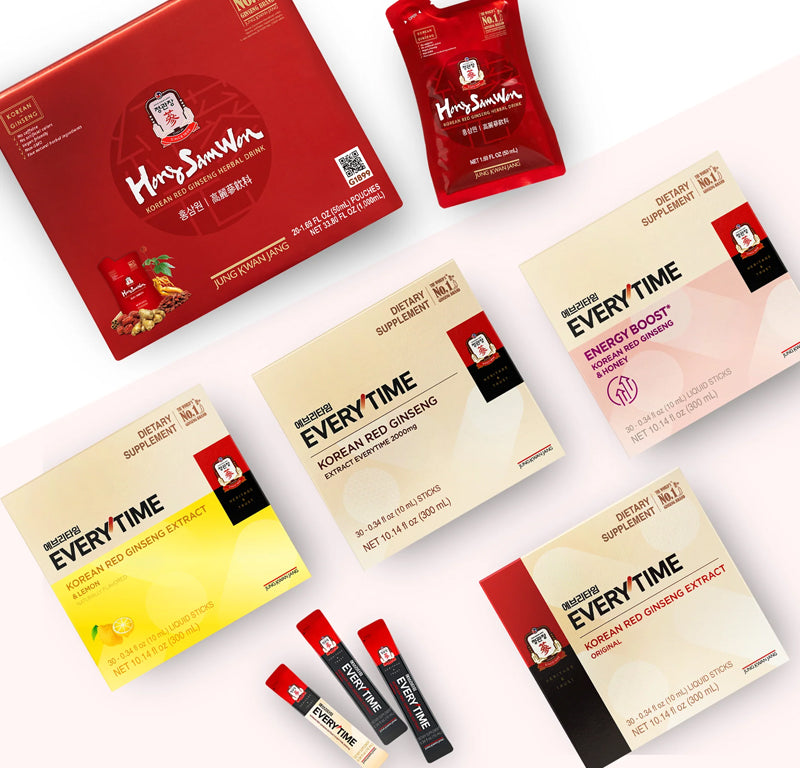Phytochemical Health Food - Color of Food
Cancer and coronary heart disease are the top two causes of death in the U.S. and most countries around the world. Prevention is better than cure, and this adage couldn't hold truer for several life-threatening ailments. Enter phytochemicals.
What are Phytochemicals?
“Phyto” is the Greek word for “plant”. Also referred to as phytonutrients, they are commonly found in vegetables, fruit, legumes, nuts, herbs, whole grains, spices, and seeds. They are divided into categories based on the particular Phytochemical function and chemical structure.
While these chemicals give plants their color, flavor, and odor, they are also beneficial for humans. Research has proven that when we consume food rich in phytochemicals, they have a significant impact on the chemical processes in our bodies.
Source of Phytochemical Food
So far, scientists have discovered over 4,000 phytochemicals. Here is a list of just some of the phytochemicals and their plant sources that have garnered considerable attention in the medical world.
Carotenoids - Red, orange, and green fruits and vegetables, such as carrots, cooked tomatoes, watermelon, apricots, oranges, cantaloupe, winter squash, leafy greens, and broccoli
Flavonoids – Citrus fruit, apples, onions, coffee, tea, soybeans, and soy products like edamame, tofu, and soy milk
Polyphenols – Grapes, wine, berries, citrus fruit, apples, green tea, peanuts, and whole grains
Terpenes – Cherries, rosemary, and citrus fruit peel
Isothiocyanates, Indoles, Glucosinolates – Vegetables from the cruciferous family, which include kale, cabbage, brussels sprouts, broccoli, cauliflower, and collard greens
Inositol – Nuts, bran sourced from oats, wheat, corn, rye and rice, soybeans, and soy products including soy milk, tofu, and edamame
Isoflavones – Soybeans and soy products
In particular, phytochemicals that pertain to carotenoids and flavonoids have been the most extensively researched.
Phytochemical Benefits
Daily consumption of vegetables and fruits goes beyond just basic nutritional benefits. In addition to keeping several illnesses at bay, these compounds also lower the risk of serious health conditions, including strokes, Alzheimer’s disease, cancer, cardiovascular disease, cataract, and other ailments linked with aging.
Various studies conducted have shown that there's a myriad of phytochemical benefits.
Prevents substances from converting into carcinogens which cause cancer in living tissue
Reduces the growth rate of cancerous cells
Bolsters the immune system to fight off viruses that cause infectious and other diseases
Destroys damaged cells before they multiply
Lowers the risk of inflammation, which could result in the growth of cancerous cells
Promotes cardiovascular, eye, and bone health
Strengthens neurocognitive function
Regulates hormones
Blocks tumor growths
Provides antioxidant properties
Stimulates DNA repair and halts further damage
One study reported that increasing your consumption of veggies and fruits to more than five portions a day decreases the risk of coronary heart disease by a staggering 17%. And according to Breatcancer.org, phytochemicals reduce the likelihood of cancer by up to 40%.
Plus, the American Institute for Cancer Research (AICR) also recommends a balanced diet that includes brightly-colored and strong-flavored fruits and vegetables. Though scientists are just at the cusp of discovering the full range of phytochemical benefits, what we do know for now is that these amazing compounds strengthen our immunity and lower the risk of several major life-threatening conditions.
-
Posted in
Health Benefits, How To's
 Stamina
Stamina Energy
Energy Immunity
Immunity Antioxidant
Antioxidant Beauty
Beauty Fitness
Fitness Blood Circulation
Blood Circulation Liver & Heart
Liver & Heart Bones & Joints
Bones & Joints Eye & Brain
Eye & Brain Digestion
Digestion Relax & Sleep
Relax & Sleep For All
For All Men's Health
Men's Health Woman's Health
Woman's Health Kid's Health
Kid's Health Jar
Jar Stick
Stick Pouch
Pouch Root & Slices
Root & Slices Shot
Shot Pill
Pill Tea & Powder
Tea & Powder Candy
Candy

 Our Brand
Our Brand Korean Red Ginseng
Korean Red Ginseng Premium Ingredient G1899
Premium Ingredient G1899





